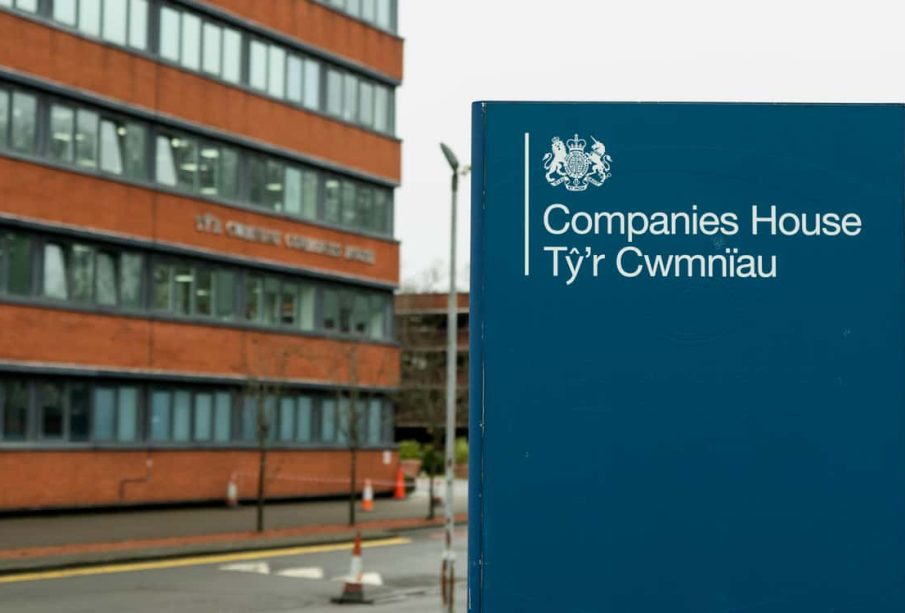An Overview of Companies House and Its Role in the UK Economy

Introduction
Companies House plays a crucial role in the United Kingdom’s business landscape, serving as the official government register of UK companies. It is an essential resource for entrepreneurs, investors, and researchers alike, maintaining transparency and trust in the corporate sector. The significance of Companies House lies in its role in enhancing public access to company data, thereby promoting accountability and aiding in the fight against fraud.
What is Companies House?
Established under the Companies Act 1985, Companies House operates as an executive agency of the UK Government. It is responsible for registering company information, including business names, registered addresses, and financial records, under the Companies Act of 2006. With offices located in Cardiff, Edinburgh, and London, Companies House covers all registered businesses across the UK.
Recent Developments
In recent news, Companies House has been at the forefront of various initiatives aimed at modernising its services. In 2023, the agency upgraded its digital platforms to streamline the process of submitting documents and accessing company information. These upgrades include the introduction of mobile-friendly features and improved data analytics, making it easier for users to navigate the system.
Moreover, in light of rising concerns regarding corporate fraud and misinformation, the UK government proposed reforms to strengthen the verification process for new business registrations. This includes measures that require companies to provide more accurate information about their ownership and management structure. The aim is to create a more secure business environment while ensuring that the integrity of the register is upheld.
Why is Companies House Important?
For individuals and businesses engaging in commercial activities, Companies House provides a wealth of information that can help inform critical business decisions. Investors can analyse a company’s financial health and governance structure, directors can maintain compliance with legal obligations, and potential partners can evaluate the credibility of their counterparts.
Furthermore, the data aggregated by Companies House is vital for research and economic analysis, allowing academics and policymakers to understand better the dynamics of the UK business environment. Statistical reports from Companies House offer insights into sectoral growth, regional business trends, and the impact of economic policies on enterprise development.
Conclusion
In summary, Companies House serves as an indispensable pillar of corporate governance in the UK, supporting transparency, accountability, and informed decision-making across the business spectrum. With ongoing reforms and technological advancements, its role will only become more relevant in fostering a resilient economic environment. For anyone conducting business in the UK, understanding and utilising the resources available through Companies House is essential for success and compliance.







